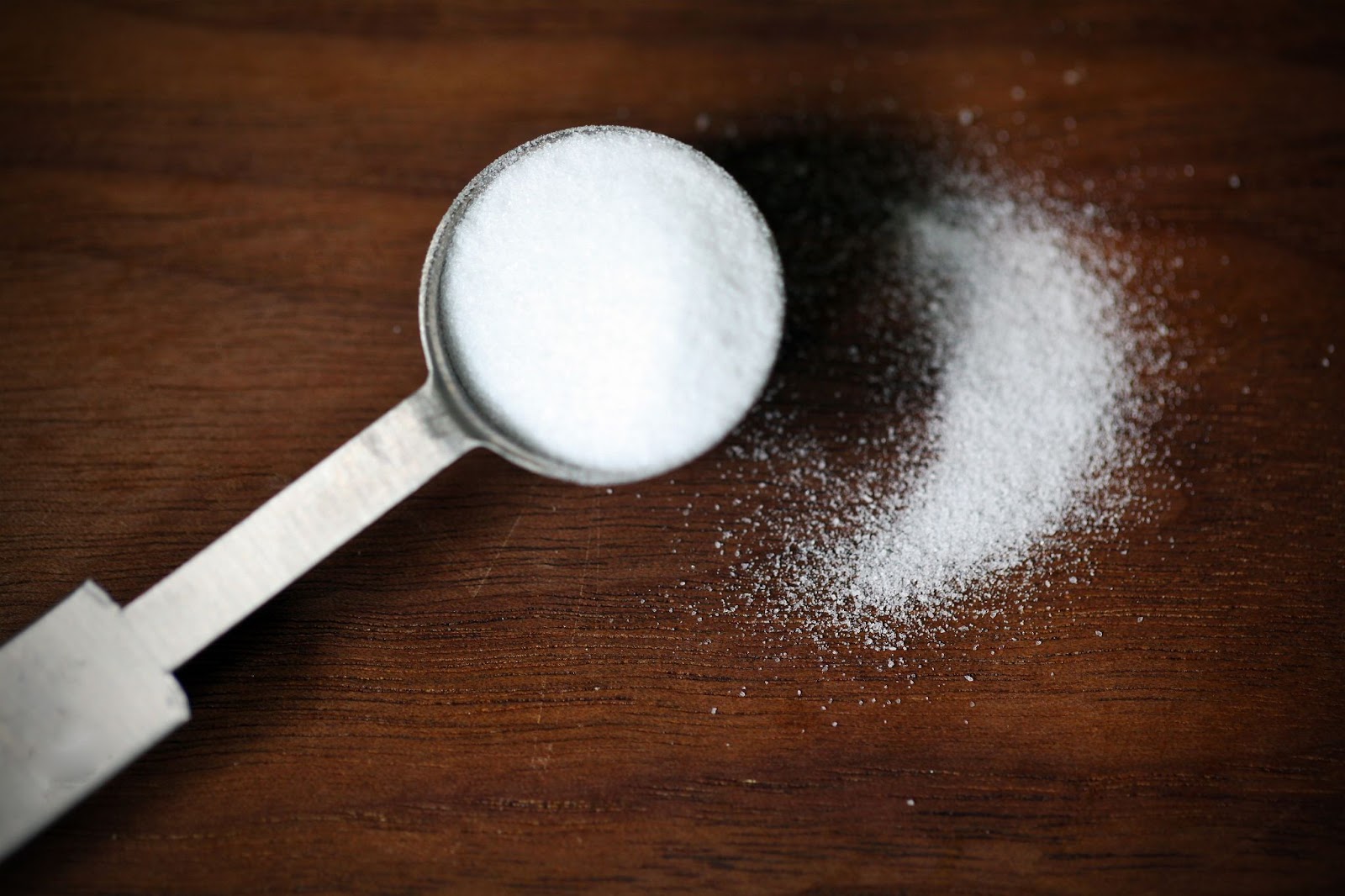
These cellular changes can cause us to behave badly when we don’t want to…
Unsubscribe | Report as spam | Change email preferences
—-Important Message From Wes Armstrong—-
How to drive a woman wild when you are outdoors
Hey there, it’s Wes here, and what if you have your eyes on a woman that likes to spend her time outdoors?
You can walk around town, or go to a football game, or a hike…
But how can you build attraction and sexual interest in these outdoor situations?
Here’s my secret for getting her warmed up and in the mood when you are outdoors
———-
Why do I behave badly?
Matt Cook here, and compulsion is a strong, subconscious urge to do something harmful.
It’s part of basic animal behavior – something which is hardwired into the system.
On the extreme end – compulsive behavior can cause serious problems.
Alcohol, addictions, sex, and gambling are all different expressions of compulsive behavior.
On the extreme end of compulsive behavior we have obsessive-compulsive disorder (OCD).
Researchers investigating obsessive-compulsive disorder discovered that it is strongly linked to inflammation in the brain…
…something which has been shown with other compulsive behaviors.
If you are suffering from life problems where you just can’t help yourself, you probably have a problem with inflammation.
This human research was carried out at the University of Toronto in Canada. The findings are published in Psychiatry JAMA – The Journal of the American Medical Association.
Obsessive-compulsive disorder has puzzled researchers for many decades.
But at some point researchers found out that some people with OCD have inflammation in one particular part of the brain.
This inflammatory autoimmune condition initially only seemed relevant to a small number of people with this condition.
“For a small percentage of obsessive-compulsive disorder [OCD] cases it was proposed that brain inflammation occurring in the basal ganglia is an autoimmune response to infections.”
This small but significant finding led other researchers to question what they knew.
They asked whether brain inflammation could be the cause of OCD outside of this small group where it was already shown to be the case.
“Elevated inflammation in the brain may be an important factor in OCD more generally.”
Until very recently, doing a deep analysis of things which go on inside a living human brain was near impossible.
But advances in brain imaging technology have now made it possible to see more of what is going on inside your head.
Now researchers are able to use PET scans.
PET scans tag small molecules with radioactive isotopes and watch how they move through the brain.
The movement of these tagged molecules in the brain can tell us a lot about what is going on.
In this study, researchers chose to look at a protein called TSPO – AKA, translocator protein.
TSPO protein is a good indicator of inflammation.
“TSPO density increases when microglia are activated during inflammation in the brain.”
High levels of TSPO in the brain would almost certainly tell us that inflammation is increased.
“Identifying brain inflammation is possible with PET scans which can analyze translocator protein TSPO.”
So the researchers recruited a number of people for their brain scan research.
20 people with obsessive-compulsive disorder, and 20 people with no known psychiatric problems were recruited for the study.
All of the participants underwent a brain scan which analyzed the levels of inflammatory translocator protein (TSPO) in the brain.
The researchers found much higher levels of TSPO in the brains of people with OCD.
In obsessive-compulsive disorder, TSPO was significantly elevated in many brain regions.”
The researchers analyzed 7 different regions of the brain.
Inflammation was higher in every region of the brain in people with obsessive-compulsive disorder.
The increase in inflammatory TSPO ranged from a minimum increase of 22% to a maximum of 36% in people with OCD.
This study shows, for the first time, that increased brain inflammation is associated with compulsive disorders (outside of the few people with autoimmune disease).
“To our knowledge, this is the first study demonstrating inflammation within the neurocircuitry of OCD.”
The researchers also assessed all of the people who had been diagnosed with OCD.
They used a series of standardized questionnaires to measure the degree and extent of their OCD symptoms.
OCD patients with greater brain inflammation in one brain region had more severe symptoms.
“OCD severity was significantly correlated with TSPO in the orbitofrontal cortex.”
The study points quite clearly to the role of the immune system in generating inflammation…
Inflammation which may play a massive role in OCD and other compulsive behaviors.
“Immune system therapies should be investigated in adult obsessive-compulsive disorder, particularly in cases with prominent distress when preventing compulsions.”
Lowering inflammation can help with compulsive behaviors.
—-Important Message—-
This cheap white powder can lower inflammation all over the body
There’s stunning new evidence that a cheap white powder that most of us have in our kitchen already…
…can naturally lower inflammation all over the body…even chronic inflammation…
And all it takes is a pinch.
And that’s not all this cheap white powder can do…
Scientists have found it’s repairing the gut, boosting energy and stamina levels…
…shrinking tumors and even helping thwart dementia!
All from a cheap white powder that you may already have at home.
———-




